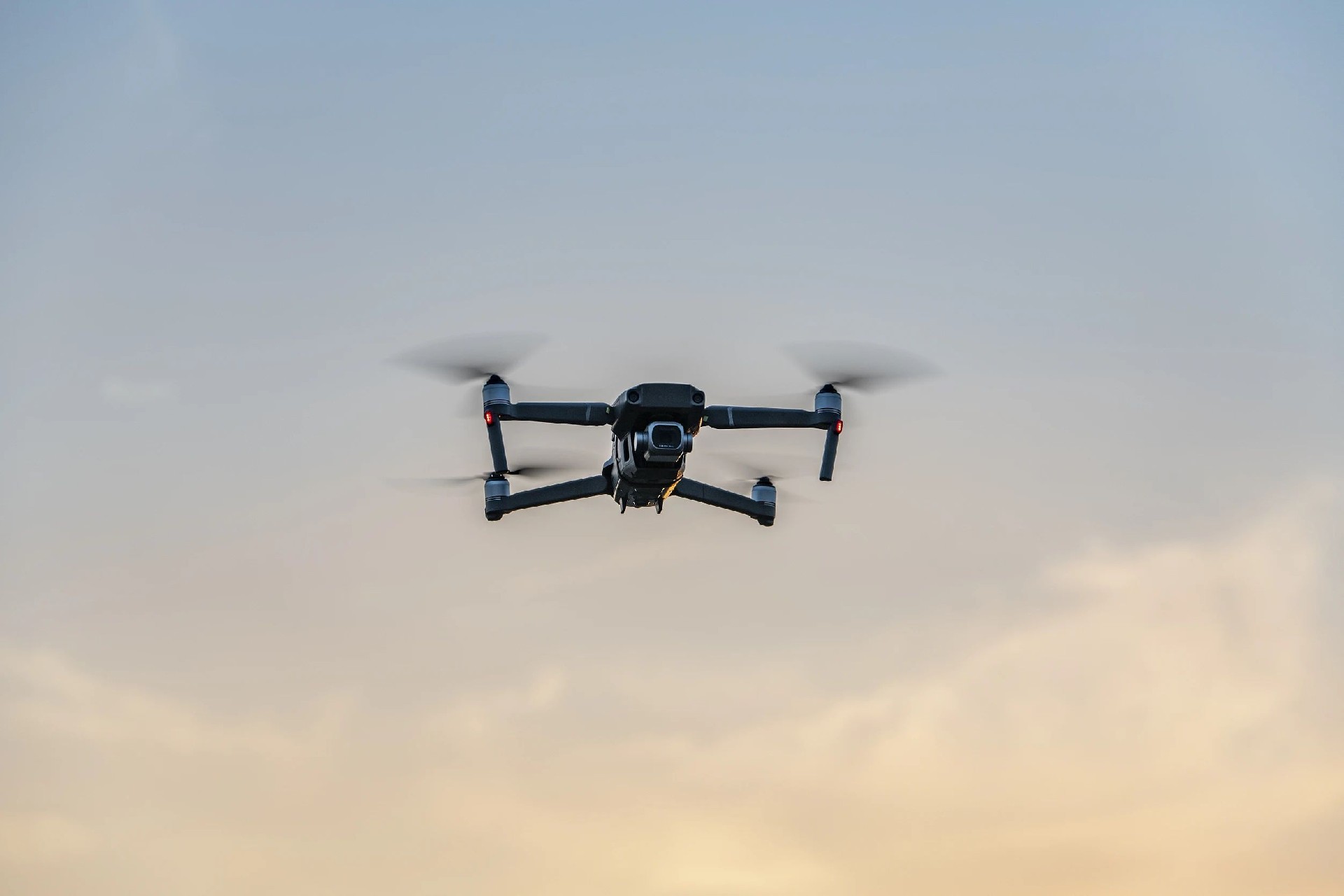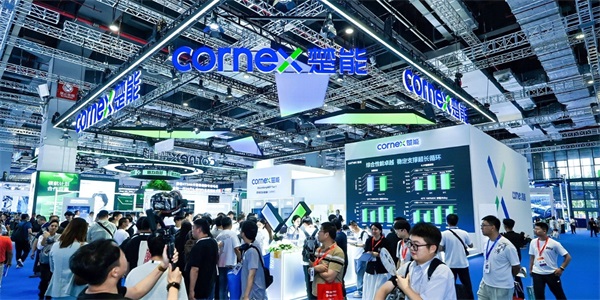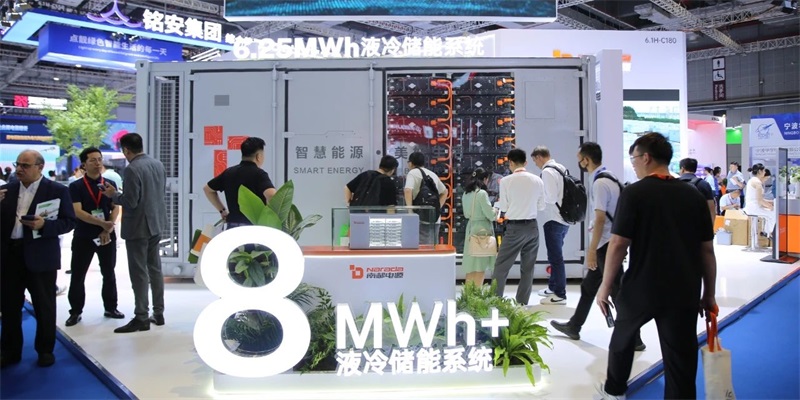Understanding Lithium Batteries for Drones: Types and Applications
Lithium-ion batteries power the modern drone industry, offering high energy density, lightweight properties, and the ability to recharge quickly. However, not all lithium batteries are created equal. Each type has distinct features and suits different drone applications. This article explores the main types of lithium batteries used in drones and highlights their key characteristics and best use cases.
1. Lithium Polymer (LiPo) Batteries
Overview
Lithium Polymer (LiPo) batteries are the most commonly used batteries in both consumer and commercial drones. They are favored for their high energy density, flexibility, and ability to deliver fast bursts of power.
Key Features
· High Discharge Rate (C-Rating): Essential for rapid power delivery, making LiPo batteries ideal for fast, agile drones.
· Lightweight & Flexible Packaging: The ability to mold the battery into various shapes ensures a perfect fit for compact drone designs.
· Moderate Lifespan: LiPo batteries generally last between 300–500 charge cycles before their capacity starts to degrade significantly.
Best Applications
· Consumer Drones: Ideal for drones like DJI Mavic and various FPV models.
· Racing Drones: Perfect for high-performance drones requiring bursts of power.
· Aerial Photography & Videography: Suitable for drones that need to carry cameras but still require light weight.
2. Lithium-Ion (Li-Ion) Batteries
Overview
Lithium-Ion (Li-Ion) batteries are known for their higher energy density compared to LiPo batteries, though they have a lower discharge rate. These batteries are particularly useful in drones that prioritize endurance over high bursts of power.
Key Features
· Higher Energy Density: Li-Ion batteries allow for longer flight times compared to LiPo batteries of the same weight.
· Lower Discharge Rate: While not suited for high-power applications, Li-Ion batteries are excellent for steady, prolonged use.
· Longer Lifespan: Li-Ion batteries typically last between 500–1,000 charge cycles, making them a durable option for long-range missions.
Best Applications
· Long-Range Surveillance Drones: Great for surveillance drones that need to stay airborne for extended periods.
· Mapping & Surveying UAVs: These drones require long endurance without the need for rapid power delivery.
· Delivery Drones: Used in systems like Amazon Prime Air and Wing by Alphabet for delivery over long distances.

3. Lithium Iron Phosphate (LiFePO4) Batteries
Overview
Lithium Iron Phosphate (LiFePO4) batteries are known for their safety features and long lifespan, making them perfect for industrial and heavy-duty applications, though they are not as energy-dense as LiPo or Li-Ion batteries.
Key Features
· Enhanced Safety: LiFePO4 batteries are more resistant to thermal runaway, reducing the risk of fires.
· Long Cycle Life: With up to 2,000 charge cycles, they are ideal for applications requiring high longevity.
· Lower Energy Density: LiFePO4 batteries are heavier, which makes them less suitable for weight-sensitive drones.
Best Applications
· Industrial Inspection Drones: Perfect for drones used in power line monitoring and other heavy-duty tasks.
· Agricultural Drones: Ideal for tasks like crop monitoring and spraying, where durability is essential.
· Military & Emergency Response UAVs: Used in missions where safety and longevity are paramount.
4. Lithium Titanate (LTO) Batteries
Overview
Lithium Titanate (LTO) batteries are specialized for applications that require ultra-fast charging, extreme temperature tolerance, and long-lasting power cycles. These batteries are ideal for extreme environments or scenarios where quick turnaround is essential.
Key Features
· Rapid Charging: LTO batteries can charge in just minutes, drastically reducing downtime.
· Wide Temperature Range: They perform well in both extreme cold and heat.
· Low Energy Density: LTO batteries are bulkier and less energy-dense than other lithium batteries.
Best Applications
· Drone Taxis & eVTOL Aircraft: Used in scenarios where quick recharging is crucial for fast operations.
· Arctic/Antarctic Research Drones: Ideal for extreme environments that require rapid recharge and reliable performance.
· High-Cycle Commercial Drone Fleets: Suitable for commercial drone fleets that need to endure many cycles of operation.
Conclusion: Choosing the Right Battery for Your Drone
Selecting the appropriate lithium battery for your drone depends on the specific mission or use case:
· LiPo Batteries are perfect for high-performance, agile drones that require rapid bursts of power.
· Li-Ion Batteries offer long endurance for drones involved in surveillance, mapping, and delivery.
· LiFePO4 Batteries are ideal for safety-critical industrial applications, offering durability and stability.
· LTO Batteries are best for extreme environments and applications that require fast recharge capabilities.
Understanding the strengths of each battery type ensures that you can optimize your drone's performance based on the task at hand.

